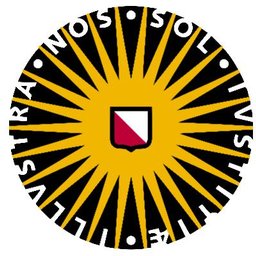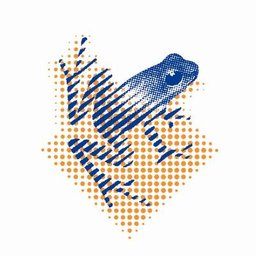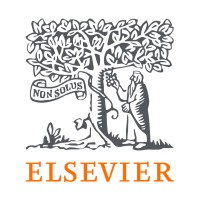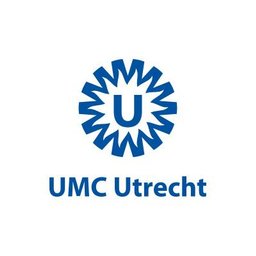Methane is a potent greenhouse gas, and reducing its emissions is essential to meet Paris Agreement goals. Future emissions from ecosystems depend on their environmental response. Tracking methane cycling—balancing production vs. consumption and tracing carbon substrate sources—remains challenging. We will integrate methane clumped-isotope analysis with carbon and hydrogen isotope measurements of key organics, plus culture experiments, to uncover the biochemical pathways and environmental controls on methane formation and oxidation.
Your job
This work will enhance our understanding of methane dynamics in rapidly changing ecosystems and contribute to improving predictive models of future methane emissions. Field sampling will focus on regions where methane cycling is still poorly constrained, particularly Arctic permafrost coasts.
As a PhD candidate, you will become an expert in isotope ratio mass spectrometry, methane microbiology and methane cycling in the environment.
1) You will develop innovative methods to measure diverse isotope dimensions for methane, as well as organic precursors, in order to trace carbon flow in methane-related ecosystems;
2) You will conduct culture experiments in controlled conditions aiming at simulating natural environments;
3) You will participate in arctic campaigns and use the methods developed to shed light on methane cycling in permafrost regions.
Your qualities
You have completed a Master degree physics, chemistry or another area related to environmental sciences with a strong quantitative mathematical background and practical technical skills. You already have good background knowledge on atmospheric composition and greenhouse gas cycles and experience with isotope measurements. Next to this you find yourself in one or multiple of the following characteristics:
- You like working hands-on with scientific instruments in a laboratory, as well as with wet chemistry and microbial culture experiments;
- You are interested in participating in measurement campaigns with diverse teams;
- You have a keen interest in microbes-environment interactions and their evolution in space and time;
- You are interested in environmental processes and climate change, and want your work to contribute to deepening our understanding of the present and future carbon cycle;
- You are a good team player and can find your position in a larger consortium, but are also self-motivated to take over increasing levels of responsibility for your project;
- You enjoy interdisciplinary projects, have an open mind, enthusiasm, curiosity and creative thinking.
Our offer
- A PhD position for 4 years. After 18 months there will be a review, if positive, the contract will be extended for the full 4 years;
- a fulltime working week and a gross monthly salary between € 2.901 and €3.707 in the case of full-time employment (salary scale P under the Collective Labour Agreement for Dutch Universities (CAO NU));
- 8% holiday pay and 8.3% year-end bonus;
- a pension scheme, partially paid parental leave and flexible terms of employment based on the CAO NU.
In addition to the terms of employmentlaid down in the CAO NU, Utrecht University has a number of schemes and facilities of its own for employees. This includes schemes facilitating professional development, leave schemes and schemes for sports and cultural activities. We also offer access to additional employee benefits through our Terms of Employment Options Model. In this way, we encourage our employees to continue to invest in their growth. For more information, please visit Working at Utrecht University.
About us
A better future for everyone. This ambition motivates our scientists in executing their leading research and inspiring teaching. At Utrecht University, the various disciplines collaborate intensively towards major strategic themes. Our focus is on Dynamics of Youth, Institutions for Open Societies, Life Sciences and Pathways to Sustainability. Sharing science, shaping tomorrow.
Working at the Faculty of Science means bringing together inspiring people across disciplines and with a variety of perspectives and backgrounds. The Faculty has six departments: Biology, Pharmaceutical Sciences, Information & Computing Sciences, Physics, Chemistry and Mathematics. Together, we work on excellent research and inspiring education. We do so, driven by curiosity and supported by outstanding infrastructure. Visit us on LinkedIn and discover how you can become part of our community.
The Institute for Marine and Atmospheric Research Utrecht (IMAU) offers a unique research and teaching environment, in which the fundamentals of the climate system are studied. Research is organized in five themes: Atmospheric Physics and Chemistry, Coastal and Shelf Sea Dynamics, Earth System Modelling, Ice and Climate and Oceans and Climate. In 2022, IMAU research quality and impact were qualified as 'world leading' by an international visitation committee. Currently, IMAU employs 18 faculty members and 11 support staff and about 21 Postdocs and 24 PhD candidates, and offers a friendly, open and international atmosphere.
More information
If you have any questions that you’d like us to answer, please contact Thomas Röckmann ([email protected]).
Do you have a question about the application procedure? Please send an email to [email protected].
Apply now
As Utrecht University, we want to be a home for everyone. We value staff with diverse backgrounds, perspectives and identities, including cultural, religious or ethnic background, gender, sexual orientation, disability or age. We strive to create a safe and inclusive environment in which everyone can flourish and contribute.
To apply, please send your curriculum vitae, including a letter of motivation, via the ‘apply now’ button.
Please enclose:
- your letter of motivation;
- your Curriculum vitae;
- the names, telephone numbers, and email addresses of at least two references;
If this specific opportunity isn’t for you, but you know someone else who may be interested, please forward this vacancy to them.








